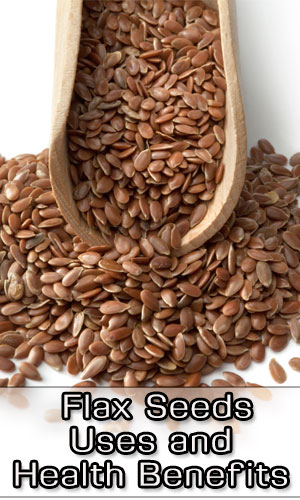 You can find flax seeds in many different kinds of foods today including oatmeal, waffles and crackers. Over the years, the demand for flax seeds has increased which can be attributed to its many health benefits. Even chickens which lay eggs rich in omega 3 fatty acids are fed flax seeds. There are many different nutrients, vitamins and minerals contained in flax seeds, but the three main ones include omega 3 fatty acids, lignans and fiber.
You can find flax seeds in many different kinds of foods today including oatmeal, waffles and crackers. Over the years, the demand for flax seeds has increased which can be attributed to its many health benefits. Even chickens which lay eggs rich in omega 3 fatty acids are fed flax seeds. There are many different nutrients, vitamins and minerals contained in flax seeds, but the three main ones include omega 3 fatty acids, lignans and fiber.
The tiny seeds are available in many different forms including supplement tablets, oil and even ground form. No matter how you take them in your diet, there are many benefits you can get out of them. Some of the uses and benefits of flax seeds is given below.
Helps Lower Blood Sugar Levels and Cholesterol
Flax seeds contain soluble fiber which can help lower blood sugar levels and cholesterol.
Helps Lose Weight
Flax seeds make you feel fuller when digested. This means if you take them before your meal, you will be able to control your appetite.
This is one of the important steps towards weight management. You will be able to control your portion size and eat less which can lead to reducing weight over time.
Improves the Digestive System
Flax seeds contain fiber which can improve your digestive system. If you are suffering from constipation, then it can also help you get relief.
Increases Immunity
According to a number of researches and studies, these tiny miracle seeds can help you get relief from many inflammatory disorders including lupus, psoriasis and rheumatoid arthritis. It can also help reduce inflammation and increase immunity.
Fights Cancer
Although it has not been proven, but a number of studies suggest that flax seeds can help fight breast and colon cancer. The presence of high amounts of lignans in the seed can inhibit tumor growth.
Flax seeds are a good source of Vitamin E which is a powerful antioxidant responsible for maintaining the integrity of cells in the skin and mucus membranes. Vitamin E also protects the skin from free radicals which can cause premature aging.
A number of B vitamins such as niacin, Vitamin B-6, thiamine, riboflavin, pantothenic acid and folates are contained in these seeds. While some of them are responsible for metabolizing carbohydrates, some helps prevent illnesses and diseases such as the beriberi disease. Folates are essential for pregnant women and they can also help in the prevention of neural tube defects during preconception.
Other essential minerals contained in flax seeds include potassium, iron, calcium, selenium, zinc, magnesium and manganese. Since flax seeds are very flavorful, they can be added in the diet in a number of ways such sprinkled in oatmeal, ground flax seed added to the mustard sauce and spread on your sandwich, sprinkled in soups and salads or mixed in meatballs and meatloaves.
